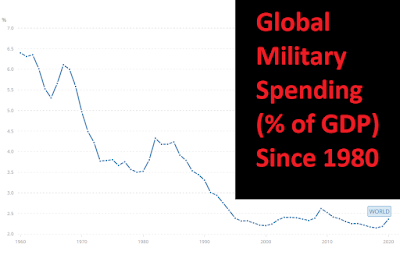In this unconventional American Western, How Much of These Hills Is Gold, a Chinese-American family pursues a hardscrabble life, prospecting for gold and working other mines with two goals. Ba, the father, wants to buy his own plot of land, and the mother longs to return to China. Set in the mid-1800s, the family confronts slurs and discrimination while the two daughters – Lucy and Sam, ages 12 and 11 – endure a mixture of abuse and tough love at home. It's easy to imagine members of this family questioning, “can you love a person and hate them all at once?”
Both girls are smart, adapting to new settings, as the family moves in search of work and a sense of home. Lucy openly yearns for a formal education, much like Sofi in Fear of Beauty, but poverty, discrimination and her father’s general mistrust prevent her from consistently attending classes. Sam, with another set of desires, nurtures the ability to keep secrets.
The story begins after their father’s death in 1862 and the girls’ flight from a mining town, and the book leaps from past to present and back, with the story of the journey, separation, reunion and a heap of painful memories: their father’s upbringing and parents’ meeting, the death of a baby brother, their mother’s disappearance, the quest for work, comradery, and respect.
The parents make no secret of their longtime preference for a son, and Sam takes to cutting her hair, dressing in boy’s clothes and accompanying her father to the mines for work, all the while regarding her body as “a temporary inconvenience.” Lucy struggles to understand Sam who wants to be a cowboy, an adventurer, an outlaw and concludes that her sister is “Young enough to think desire alone shapes the world.”
Lucy gathers intently observes and listens to others – including her parents and strives to please anyone who might teach her. She discovers lessons in agreement, politeness, trickery, shame and “imagining herself better” along with the disappointing stream of “Lessons in how other people live” and “Lessons in wanting what she can’t have.”
Often, when trying to please others, when not moving through the wilderness, she loses her identity and values.
As a child, Lucy resists the notion the family might return to China, insisting she does not want to live with other Chinese, blurting out a common ethnic slur herself. Her father, in one of his gentler moods, whispers the Chinese word for Chinese people, and the two sisters “let the name for themselves drop down the cracks in their sleep, with a child’s trust that there is always more the next day: more love, more words, more time, more places to go….”
One of the most haunting parts of the book is the father’s background story, relayed after his death by the wind sweeping over the land. The orphan, raised by Natives, former slaves and others ostracized by society did not grow up with people who looked like him. “But that’s not an excuse, and don’t you use it," he admonishes Lucy. "If I had a ba, then he was the sun that warmed me most days and beat me sweaty-sore on others; if I had a ma, then she was the grass that held me when I lay down and slept. I grew up in these hills and they raised me….”
The father cherished wildness, and Lucy wondered if that was the “sense that they might disappear into the land – a claiming of their bodies like invisibility, or forgiveness?”
Other lessons are brutal and erratic as the father teaches the mother English, the mother teaches the father Chinese, and both parents guide their girls on how to be tough and endure adversity. The isolated, beautiful, and crafty mother urges her daughter to find choices: “’[B]eauty’s the kind of weapon that doesn’t last so long as others. If you choose to use it – mei cuo, there’s no shame. But you’re lucky. You have this, too.’ She raps Lucy’s head.”
The alcoholic father’s angry cruelty forges a connection between two young women with many differences. Lucy also absorbs lessons on injustice, loyalty, gratitude as well as the land's harsh beauty. “I looked for a fortune and thought it slipped between my fingers, but it occurs to me I did make something of this land after all – I made you and Sam…. I taught you to be strong. I taught you to be hard. I taught you to survive…. I only wish I’d stayed and taught you more. You’ll only have to make do with bits, as you have all your life.”
Regardless of hate, love and other emotions in between, the father repeatedly drills the girls on one key lesson. Family comes first. Ting wo. Of course, such fierce loyalty means freeing other family members freedom to go their own way.


